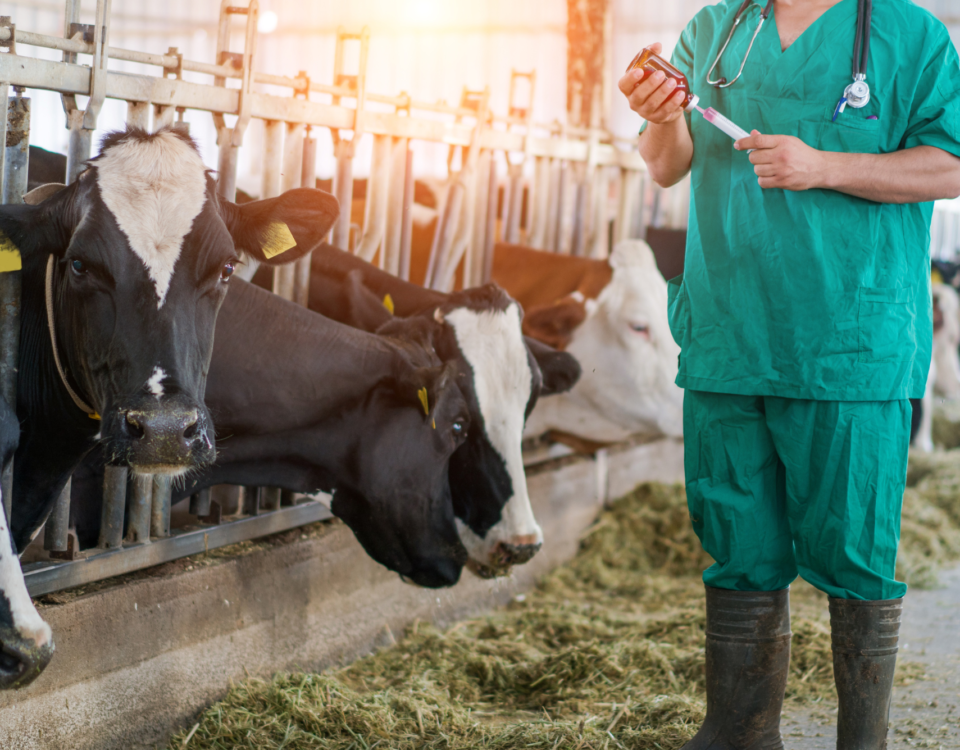Rumen

Cold Stress
February 7, 2019
Hyperthermia in piglets
May 22, 2019Rumen
Options for optimizing its functioning
Cristiano Ossensi – International Dairy Supervisor in Tecnozoo
As everyone knows, the rumen is the most influential site of digestion and microbial fermentation. Its activity provides much of the metabolizable energy and protein, needed to maintain body condition, pregnancy, and lactation.
The Volatile Fatty Acids (acetate, propionate, butyrate), derived from the fermentation of the carbohydrates, supply part of the cow’s energy requirements; moreover, the bacteria that escape from the rumen provides part of the metabolizable protein (MP).
Talking about VFA, propionate is the first precursor of glucose, it is necessary to milk production, reproductive activity, and milk protein synthesis, whereas acetate and butyrate concur to produce around the 30% of milk fat.
For all of these reasons, it’s very important to optimize the fermentation and activity, read some tips below:
- Supply enough peNDF (21 to 23% of DM or around 80% of NDF): Effective fiber is estimated by effective NDF (eNDF). Effective NDF refers to the percentage of the NDF effective in stimulating chewing and salivation, rumination, and motility.
- Provide the right quantity of carbohydrates and degradable protein to improve the rumen bacteria growing. Also, trace elements as cobalt, improve bacteria activity and vitamin B12 synthesis.
- Rumen buffer: 8 to 10 grams of buffer per kg of dry matter, are needed as a right supply and maintain the optimal rumen environment and the rumen pH around 6.1 to 6.3, necessary to better fiber digestion.
- Probiotics: dietary inclusion of live yeast can rapidly promote an anaerobic environment helping desirable, fiber-digesting microbes to proliferate and efficiently colonize feed particles, resulting in lower lactate concentrations, higher overall pH and a reduced risk of acidosis.
Optimizing the activity and fermentation is one of the keys to improves feed efficiency and having a healthy and productive cow.





